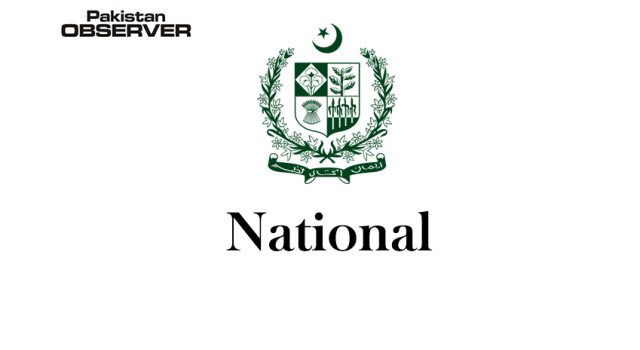Our Correspondent
Haripur
Speakers at a one-day workshop on Friday highlighted the role teachers can play in reining in the growing tendency of extreme behaviours among the vulnerable younger generation in the country.
The training workshop titled ‘Principles of Effective Leadership for Peace Building and National Cohesion’ was organised at the Jinnah Jam-e School and College, Haripur, by the Department of Islamic and Religious Studies, The University of Haripur, in collaboration with Center for Peace, Reconciliation and Reconstruction, Islamabad.
A large number of intellectuals, academicians, faculty members and students participated in the workshop.
Speaking on the occasion, Dr Abdul Muhamin said the faculty of schools can hugely contribute towards nation building and making Pakistan a place where wisdom, peace and harmony prevails. He said the teachers as agents of peace can address the legacy of violent behaviours in contexts where religion, sect and ethnicity have mitigated against the promotion of social cohesion in the society.
‘School and classroom need to be used to engage students for bringing about a mindset change. Students need to be taught about tolerance and how they can live and co-exist with other people from other faiths and from other cultures,’ he said.
Other speakers stressed that fundamental education is the primary source of positive change in the society and that peace can’t be maintained in a society without education.
They emphasized the need for positive co-curricular activities at educational institutions and urged the faculty to play their positive role in character building of their students.
They urged the educational institutions to create a peaceful environment so that the students not only get education but also get the knowledge of peace and tolerance.
The speakers maintained that the role of teachers and ulema is of vital importance in character building of students at educational institutions and madaris to achieve lasting peace and tranquility through elimination of extremism, sectarianism and terrorism from the society.
They said Pakistan is facing multiple political, ethnic, social, religious and sectarian conflicts at present, which require immediate attention and prompt redressal, adding that peace and conflict resolution are vital preconditions for a sustainable economic growth, democracy and development.









